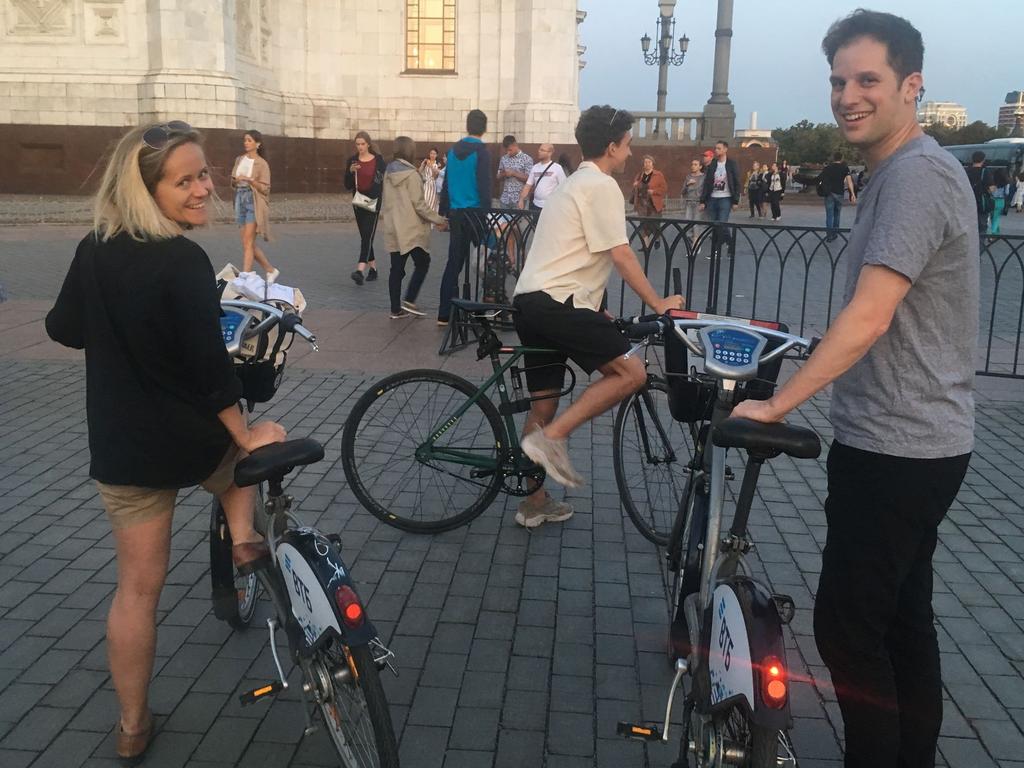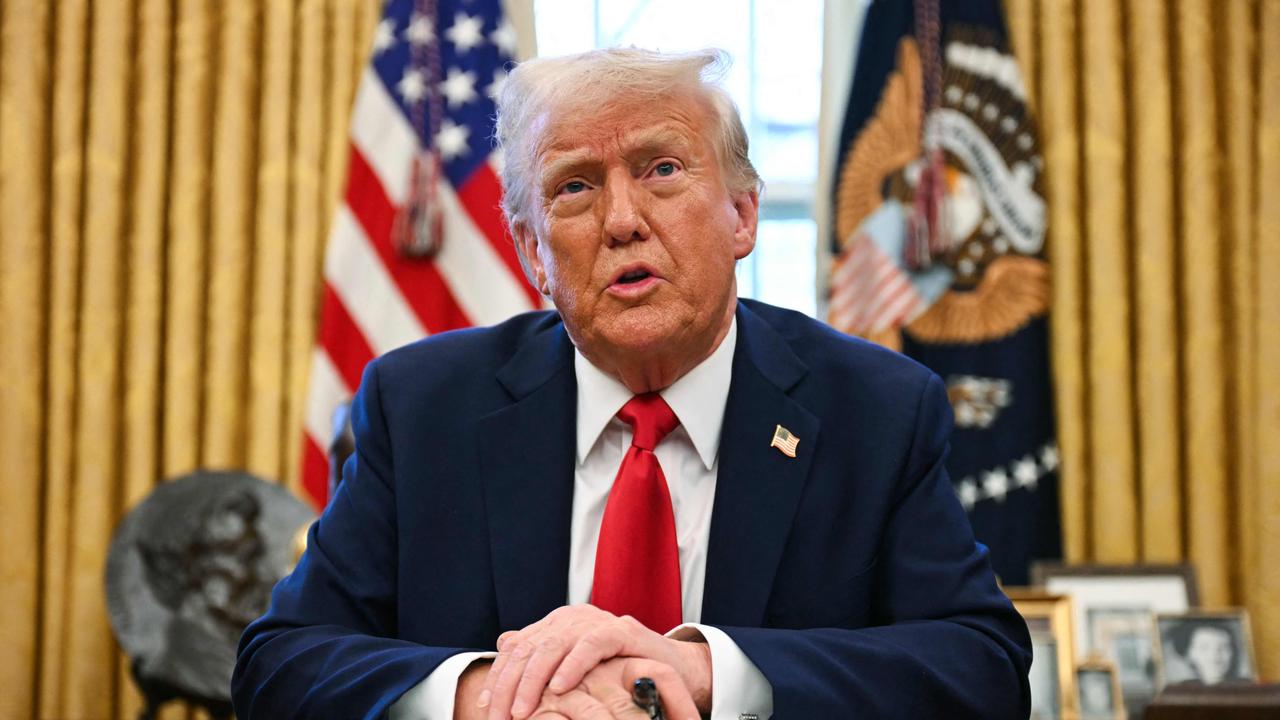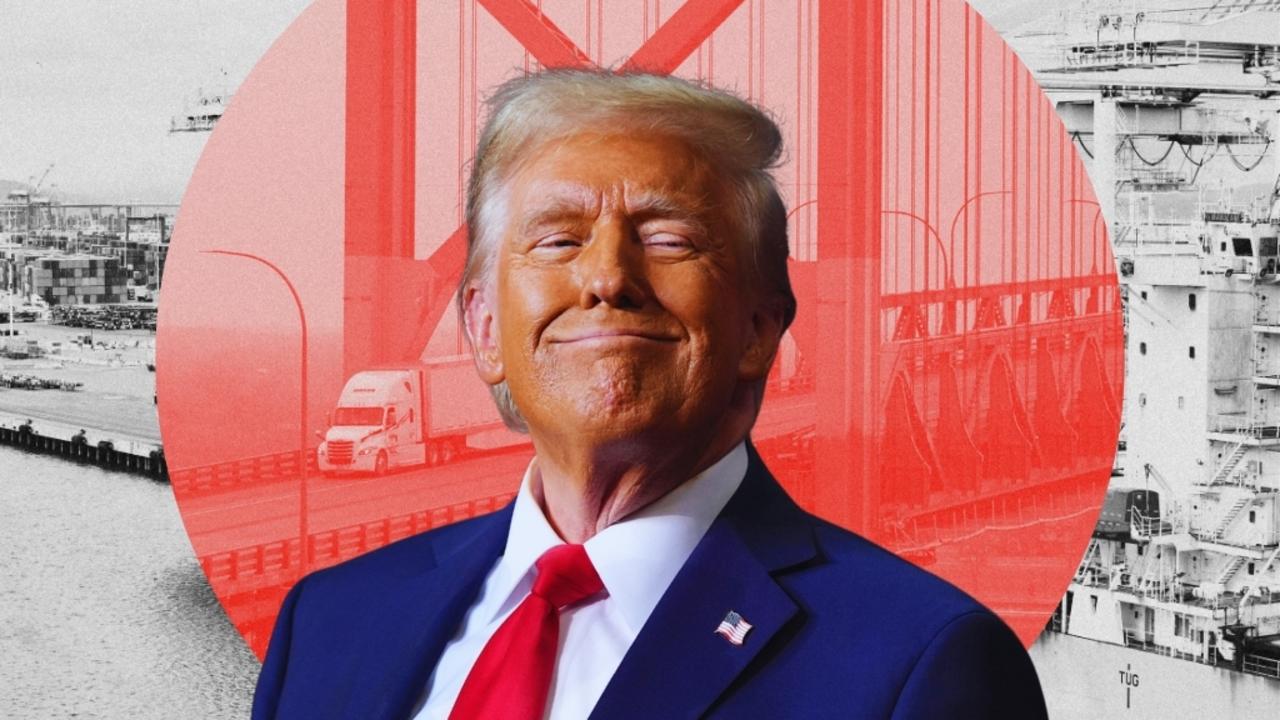Evan Gershkovich’s Arrest Marks a New Era of Hostage Diplomacy
Evan Gershkovich is the latest in a growing list of Americans who have been detained by foreign governments on bogus or politicised charges, often to gain leverage with Washington.
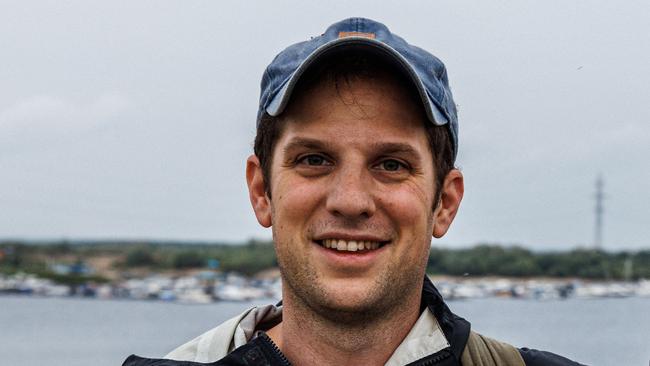
More Americans in recent years have been detained by foreign governments on what the US considers to be bogus or politicised charges than have been taken captive by terrorism groups or criminal gangs, according to US authorities and private assessments.
The latest is Wall Street Journal reporter Evan Gershkovich, who was arrested last week by Russian authorities and charged with espionage. The 31-year-old journalist who had covered the rapidly escalating new era of state hostage-taking has suddenly become the face of it.
John Bolton, who was national security adviser to former President Donald Trump, called Mr Gershkovich’s arrest “an act of state terror,” calculated to put pressure on President Biden. “This is as targeted a hostage-taking as you can imagine,” he said.
Within hours of his detention on Wednesday, the highest figures in the US government denied the charges against Mr Gershkovich, bluntly called for him to be freed and accused Moscow of targeting Americans. “Let him go,” Mr Biden said to reporters on Friday.
“The Wall Street Journal demands the immediate release of our colleague, Evan Gershkovich, a distinguished journalist who was arrested while reporting in Russia,” the Journal said in a statement Saturday. “No reporter should ever be detained for simply doing their job.”
For Mr Gershkovich, actions that might have once unfolded over weeks or even months have rolled out at a rapid clip under the brightest glare of attention. On Sunday, US Secretary of State Antony Blinken called his Russian counterpart Sergei Lavrov conveying his “grave concern” over the detention.
Russia has said that it is acting in accordance with its own laws, with the Foreign Ministry saying that “it is unacceptable for officials in Washington and the Western media to whip up a stir with the clear intention of giving this case a political colouring.”
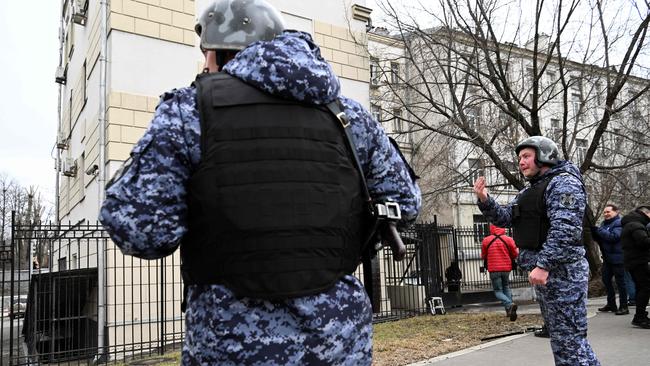
Current and former US officials and other hostage-case watchers point out that Russia’s detention of an American journalist – for the first time in nearly four decades – is a brazen step, especially when accompanied by an accusation of espionage and coming amid growth in such cases around the world.
“There’s been a marked, a dramatically increased, taking of American hostages, and hostages in general that are journalists,” said former New Mexico Gov. Bill Richardson, who has a foundation that works with families of detained Americans to free them.
The James W. Foley Legacy Foundation counts 54 US citizens or permanent residents who are deemed to be held hostage or wrongfully detained in 15 countries, including adversaries such as Cuba and allies such as Egypt and Saudi Arabia. The foundation is named after a US journalist who was kidnapped by Islamic State and murdered in Syria in 2014.
While Russia isn’t the only country involved in the phenomenon, it is one that requires the US to go toe-to-toe over individuals’ lives with a rival superpower on the opposite side of a shooting war in Europe.
Since early last year, when Russia invaded Ukraine, the US has found itself openly negotiating with Moscow for the release of three American citizens. Trevor Reed, a former US Marine, was freed in a prisoner exchange in April 2022. Women’s basketball star Brittney Griner, arrested days before the invasion on drug charges, flew home after a swap in December. Another former US Marine, Paul Whelan, was left behind on both occasions after a deal couldn’t be reached for him.
Now, there is a new name being factored into a complex human and geopolitical calculus: Evan Gershkovich.
Such incidents have become so frequent that the US has created a bureaucratic machine to deal with them.
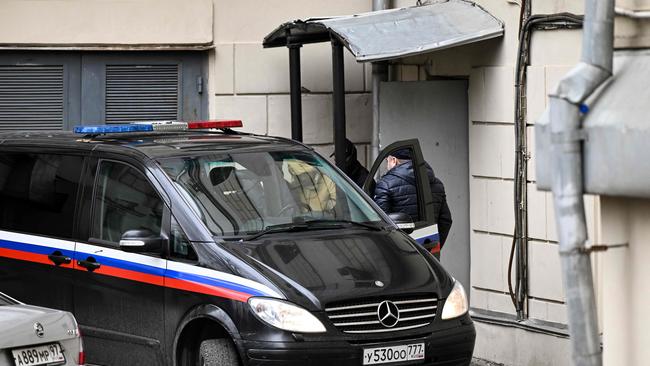
A 2020 law – named for retired FBI agent Robert Levinson, who went missing in Iran in 2007 and is now presumed dead – established 11 criteria for what could constitute wrongful detention of a US citizen. All Americans are entitled to consular assistance if they are held overseas, but the designation of being held unlawfully – because as a US citizen they were targeted for arrest, for example – triggers a different process.
The Special Presidential Envoy for Hostage Affairs becomes responsible for the case, and other resources are deployed as well. The Biden administration routinely declares it has “no higher priority than the recovery and return of Americans held hostage or wrongfully detained abroad.”
In a strategy not possible with rogue groups that take hostages, the US typically has diplomatic channels with foreign governments that open the way for negotiations.
But there are geopolitical risks at every turn. Cases typically involve legal charges, with countries insistent that they have to uphold the integrity of their judicial systems. And sending a military force to the rescue or paying a big ransom aren’t generally on the table when governments are involved.
The US found itself in a geopolitical quandary in 2018 after asking Canadian authorities to arrest a celebrity Chinese businesswoman on charges related to US sanctions on Iran. In what was widely viewed as retaliation, China arrested two Canadians and held them until 2021, when the US agreed to a deal under which the woman was released.
Dealing with state actors “is so much more complicated” than dealing with rogue groups, said Diane Foley, the mother of James Foley and the founder and president of the foundation that bears his name.
Roger Carstens, who has held the position of Special Presidential Envoy for Hostage Affairs since 2020, has become the public face of detainee diplomacy. A former Army Ranger, he is praised by some families of Americans held overseas.
A lawyer who dealt with both the Trump and Biden administrations on behalf of detainees said that Mr Carstens promptly returns text messages at all hours and is able to translate policy into messages that are comforting to families. At the same time, he is negotiating within a framework that he doesn’t control.
Every detainee case is different, and not all details are ever known publicly about how they are resolved. The sample size is small. Still, there is an emerging formula that has become apparent to some researchers, who say it can explain the varying nature of detainee diplomacy, depending on the country involved.
“My impression is that the stronger countries seem to be more interested in prisoner exchanges; that seems to be the approach of Russia and China in these cases,” said Danielle Gilbert, a fellow in US foreign policy and international security at Dartmouth College who studies hostage taking and recovery, including by state actors.
“Weaker countries have a much wider range of things they are interested in when they hold Americans hostage or detain them for leverage, and that might be a whole host of geopolitical concessions,” she said.
That rule of thumb can explain how Americans have been brought home from countries such as North Korea, Turkey, Egypt and Myanmar in exchange for concessions that were less obvious or concrete than a prisoner swap. People who have worked on past cases have also described securing a release after the countries involved received attention from the US president or gifts of humanitarian aid, Dr. Gilbert said.
That lays bare the Russian problem: When negotiating with the US, at least, it is interested mostly in a public prisoner trade, and no alternative such as the return of confiscated diplomatic property is likely to suffice.
When Ms Griner was detained on drug charges days before Russia’s invasion of Ukraine in mid-February 2022, experts warned that any deal for her would be complicated by an unswervable need for Russia to believe that it was receiving assets of comparable value.
That didn’t change over the months that followed, even as different combinations and calculations were mulled.
The US took the unusual step that summer of openly pressing Russia to accept what it termed a “substantial proposal” for Ms. Griner and Mr Whelan – which people familiar with the matter said involved offering to release Viktor Bout, a prominent Russian businessman sentenced in 2012 to serve 25 years for arms dealing.
Russians repeatedly signalled that a two-for-one swap would never be sufficient. Ultimately, in December Mr Bout was traded for Ms. Griner alone. There was no movement on a second candidate who could be exchanged for Mr Whelan, who has been held since late 2018 on espionage charges he and the US have consistently denied.
A similar pattern had been on display when Russia freed Mr Reed, who was serving a nine-year prison sentence after being found guilty of assaulting two police officers. The US deemed that he had been wrongfully detained.
Mr Reed was swapped for Russian citizen Konstantin Yaroshenko, who had been sentenced to 20 years in prison in 2011 for conspiracy to smuggle cocaine into the US Washington tried but failed to obtain Mr Whelan’s release then as well.
The templates of these two cases provide some idea of how negotiations between the US and Russia might unfold over Mr Gershkovich.
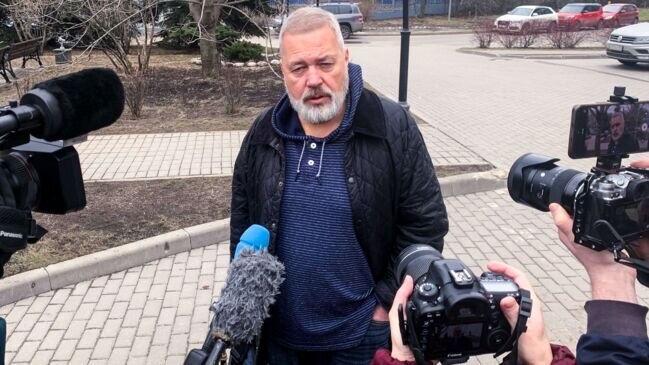
Mr Richardson, the former governor-turned-hostage-negotiator, was involved in the Reed, Whelan and Griner cases, but isn’t currently involved in Mr Gershkovich’s case.
He speculated that the Russians detained Mr Gershkovich in part as a “tit for tat” in the wake of the recent US charges against Sergey Cherkasov, whom the Department of Justice is accusing of acting as an illegal agent in the US using a Brazilian identity. He also noted the worsening US-Russia relations, and that Russia’s intense focus on espionage charges has increased.
“The espionage issues are the toughest to resolve, but you can resolve them,” he said.
Tensions within the US over how to respond to hostage-taking have grown since the exchange of Ms Griner for Mr Bout on an airport tarmac in Abu Dhabi was watched around the world.
Ms Griner’s celebrity fuelled a large campaign around her detention that was directed at the US government, exhorting it to pursue her release. It is a playbook likely to be deployed again and again.
“To get Evan out, what is needed is not just official channels, but non-official channels and a multi-pronged media campaign, like Brittney Griner, which was very effective,” Mr Richardson said.
An underlying dilemma is unlikely to be resolved, even as it becomes more familiar: that negotiating for hostages encourages taking them.
Some US officials, particularly at the Justice Department, argued against the exchange of Mr Bout for Ms. Griner. They complained that it would give Russia an incentive to take more Americans, as well as that the cases were asymmetrical: Ms. Griner was convicted of carrying less than a gram of hashish oil into Russia, while Mr Bout was accused of a career of arms trafficking.
Advocates for trading Mr Bout, who included his sentencing judge, had pointed to the dwindling years on his sentence and the fact he had been charged as a result of a sting operation.
Some US officials now believe their warnings were borne out in Mr Gershkovich’s detention. For others, it is no longer a question of whether the US will trade prisoners, but which prisoners it can identify as palatable enough to let go who are also sufficiently desirable to Russia.
US officials discussed some possible options soon after Mr Gershkovich’s arrest, a person familiar with the discussions said.
At the Journal, Evan Gershkovich covered Russia’s detention of Brittney Griner, from the news of her arrest, through her legal proceedings and trial, and the protracted negotiations for her release, including in the days up to her return to the US in December.
Late Saturday night, Brittney Griner was writing on Instagram about him.
“We must do everything in our power to bring him and all Americans home,” she wrote. “Every American who is taken is ours to fight for and every American returned is a win for us all.”
James T. Areddy contributed to this article.
The Wall Street Journal

